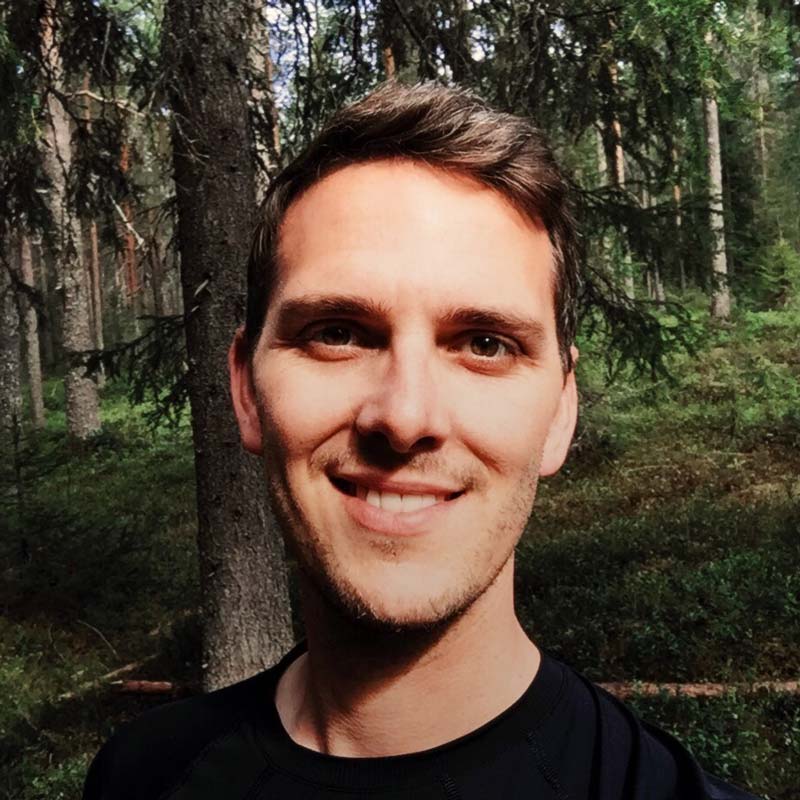
Noah Theriault
Assistant Professor, History
Bio
I am an interdisciplinary scholar working at the intersection of cultural anthropology, political ecology, and social history. My work aims to understand both the ‘more-than-human’ nature of societies and the sociopolitical nature of ecosystems. This means approaching environmental politics not only as struggles over resources, but also as encounters among different knowledge systems, cosmologies, and ways of being in the world. Using ethnographic and historical methods, I study, for example, how tropical forest communities are affected by the global push for biodiversity conservation and how, in turn, these communities—including the other-than-human beings with whom they share the environment—intervene in and shape the practice of conservation.
Since 2006, my empirical research has focused on the Philippines, where I pursue political-ecological questions in both rural and urban settings. My first, long-term project there examines how indigenous rights, biodiversity conservation, and capitalism collide on Palawan Island, a UNESCO “Biosphere Reserve” that is undergoing rapid social and ecological change due to settler colonization and extractive industries. Resulting (co)publications have highlighted the creativity and endurance of Palawan’s indigenous communities as they confront these powerful forces of change. In 2016, I connected this project with the Creatures Collective and continue to work with a broad range of scholars, practitioners, and activists in an effort to contest the colonial foundations of prevailing environmental paradigms.
More recently, I have initiated a new, collaborative study of how Manila’s ‘traffic crisis’ both reflects and shapes its deeply uneven social, political, and ecological landscape. By connecting urban political ecology, environmental history, and the anthropology of infrastructure, this project seeks new insight into a problem that permeates all aspects of life in this fast-growing mega-city. It is also part of a larger effort to promote collaborative and community-based methods in urban environmental studies. With funding from the Wenner-Gren Foundation, Alex Nading (Cornell University) and I have established a research group on “Collaborative Ecologies.”
Please use the links below to access my publications. If you do not have institutional access to the non-OA articles, please contact me by email, and I will be happy to send you a copy.
Education
- Ph.D., University of Wisconsin-Madison, 2013